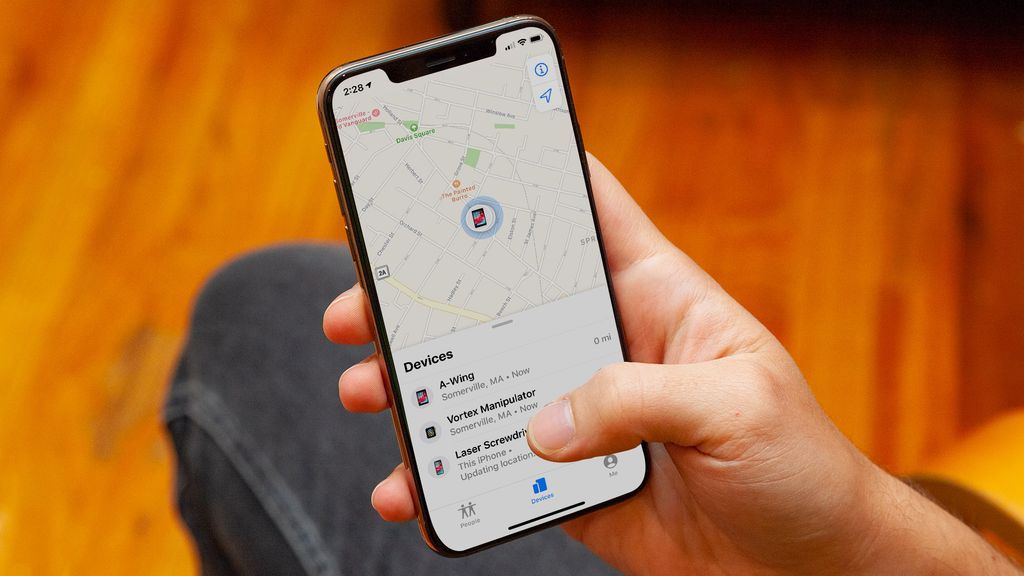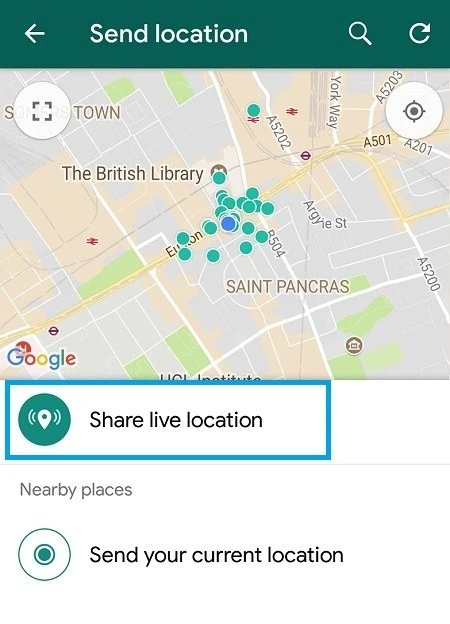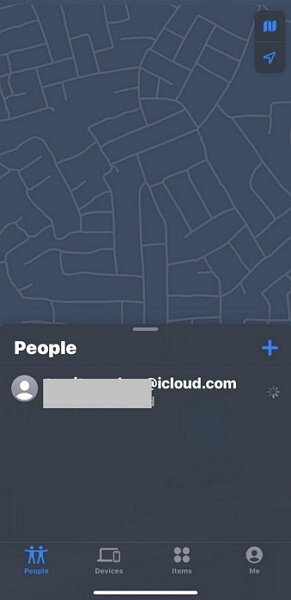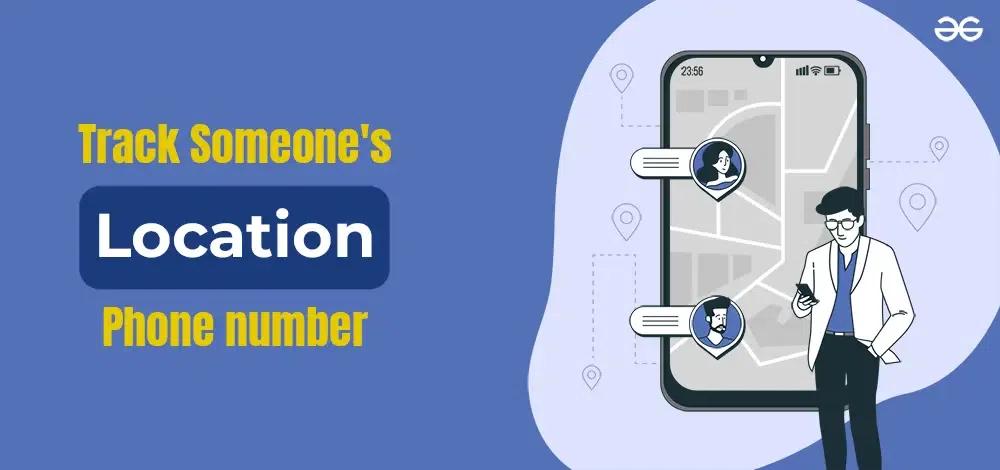How To Find The Location Of Someone
In an increasingly interconnected world, the ability to locate someone has become both easier and more fraught with ethical considerations. From reuniting with long-lost family members to ensuring the safety of loved ones, the motivations are diverse. However, the ease with which personal location data can be accessed raises serious privacy concerns.
This article explores the various methods, both legitimate and potentially problematic, used to find someone's location. It delves into the legal and ethical implications of these methods. It provides information that is for educational purpose only, and this article in no way encourages or supports any illegal activities.
Legitimate Methods for Locating Someone
Utilizing Online Search Engines
Search engines like Google and Bing can be valuable tools. Entering a person's name, along with any known details (city, employer, or interests), might reveal publicly available information. This information could include social media profiles, professional websites, or news articles that indirectly disclose their location.
Social Media Platforms
Many individuals actively share their location on platforms like Facebook, Instagram, and Twitter. Geo-tagging features allow users to mark the precise location of their posts. However, it is important to respect privacy settings and avoid using information shared without consent.
People Search Engines
Numerous online "people search" engines compile public records and other publicly available information. Services like WhitePages and ZabaSearch aggregate data from various sources, potentially revealing an individual's address and contact information. These services usually involve a fee for accessing complete information.
Hiring a Private Investigator
For more complex cases, engaging a licensed private investigator may be necessary. Private investigators have the training and resources to conduct thorough searches within legal and ethical boundaries. They can access databases and conduct interviews that are not available to the general public.
Official Records and Government Agencies
In certain circumstances, accessing official records may be possible. Court records, property records, and vital statistics (birth certificates, death certificates) can provide clues about an individual's whereabouts. Accessing these records typically requires a legitimate reason and compliance with legal procedures.
Potentially Problematic and Illegal Methods
Stalking and Harassment
Using location tracking to stalk or harass someone is illegal and unethical. Constantly monitoring someone's location without their consent can cause significant distress and fear. Such behavior can lead to serious legal consequences.
Accessing Location Data Without Consent
Gaining access to someone's location data through unauthorized means, such as hacking their phone or using spyware, is a serious privacy violation. This is illegal in most jurisdictions and can result in criminal charges. The Electronic Communications Privacy Act (ECPA) in the United States protects against unlawful interception of electronic communications.
Using Location Trackers Without Notification
Placing a GPS tracker on someone's car or belongings without their knowledge or consent is generally illegal. Even if the individual is a family member, surreptitious tracking can have legal repercussions. This is a grey area and may be permissible in specific legal situations like investigating criminal activities by law enforcement with a warrant.
Ethical Considerations and Legal Frameworks
Informed Consent
Obtaining informed consent is paramount. Before attempting to track someone's location, ensure that they are aware of and agree to the tracking. Transparency is crucial for maintaining trust and avoiding legal issues.
Data Privacy Laws
Many countries and regions have data privacy laws that govern the collection, use, and storage of personal data, including location information. The General Data Protection Regulation (GDPR) in the European Union sets stringent rules for handling personal data. It emphasizes the right to privacy and data protection.
Balancing Privacy and Safety
There's a constant tension between the desire to locate someone and the need to protect their privacy. Laws and regulations are designed to strike a balance between these competing interests. It's important to be aware of these laws and to act responsibly.
The Future of Location Tracking
Advancements in technology will continue to shape the landscape of location tracking. More sophisticated methods will emerge, making it both easier and more challenging to find someone. Vigilance and awareness are essential to protect personal privacy in this evolving environment.
Ultimately, the responsibility rests with individuals to use location tracking technology ethically and legally. Respect for privacy should always be the guiding principle. Failure to do so can have severe consequences.
![How To Find The Location Of Someone [Effective Ways] How to Find Someone's Location on Snapchat](https://images.airdroid.com/2023/04/snapchat-find-someone-location-1.jpg)
![How To Find The Location Of Someone How to Track Someone's Location by Phone Number [2025 Update]](https://images.airdroid.com/2022/09/find-someones-location-by-cell-phone-number.jpg)















